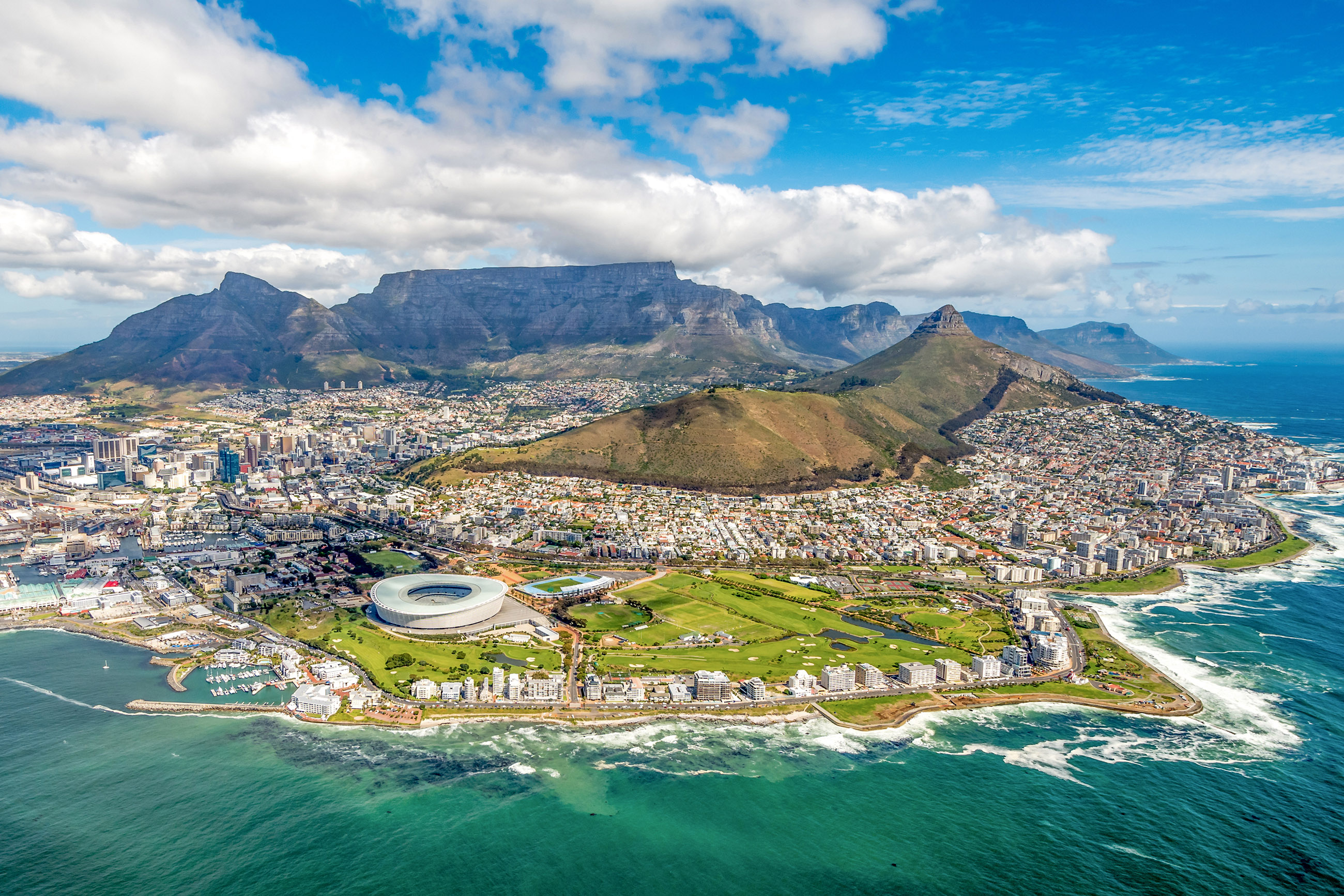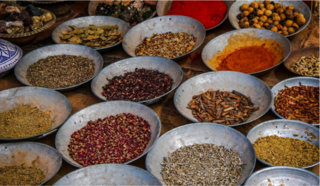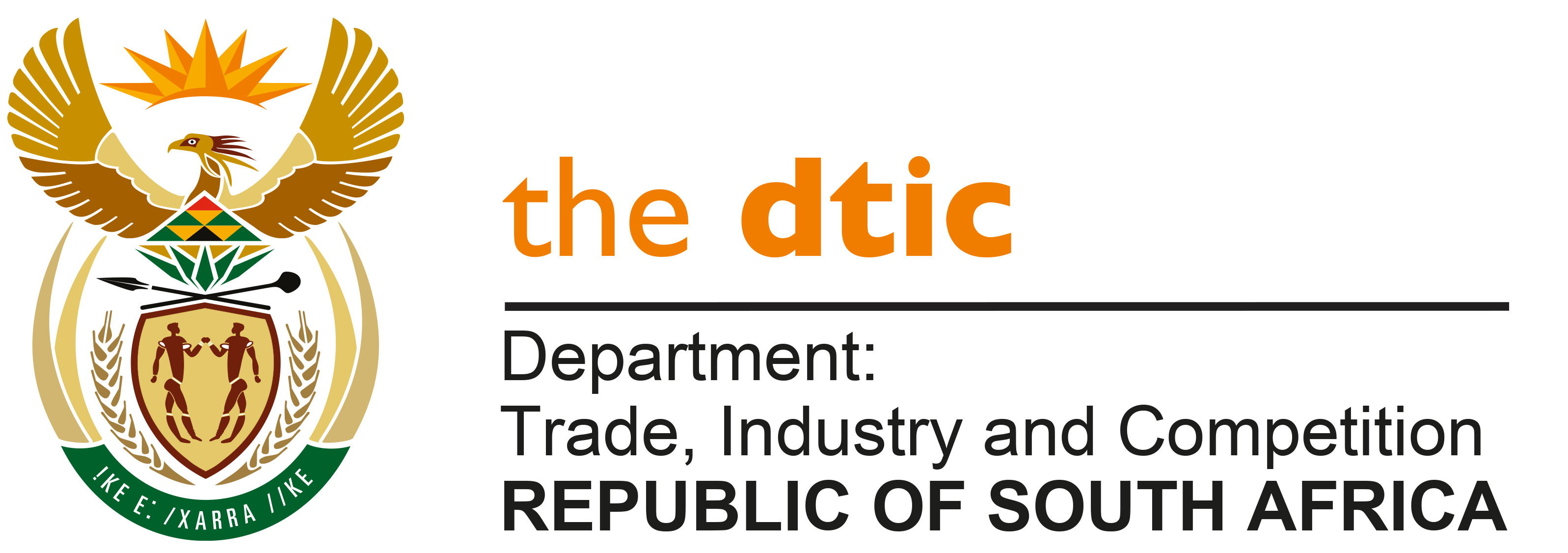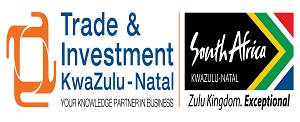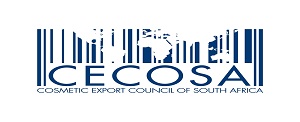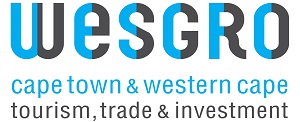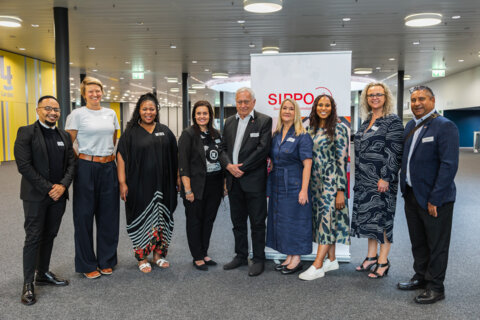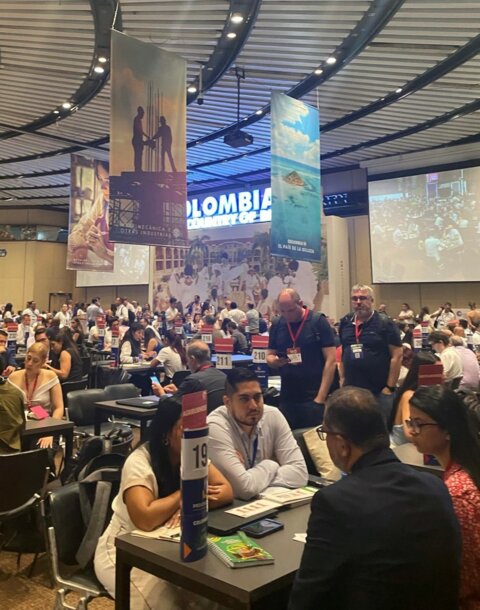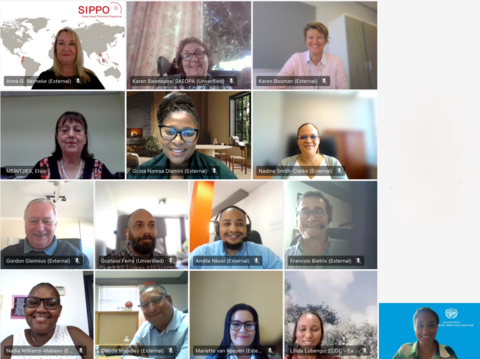About SIPPO
Who we are
The Swiss Import Promotion Programme (SIPPO) is a well-established mandate of the Swiss State Secretariat for Economic Affairs (SECO) within the framework of its economic development cooperation.
SIPPO aims to better integrate developing and emerging countries into world trade. While export companies in SIPPO countries may have good products to offer to importers in foreign markets, they struggle finding ways to reach out to potential buyers. Likewise, there are importers in target markets looking for suppliers with great products but sourcing them abroad is a challenging and time-consuming task.
Thus, SIPPO’s focus is to support this «last mile» of the supply chain, where exporters and importers connect together. Business Support Organisations (BSOs) are the point of contact to bridge this «last mile» and to facilitate market access and exports to Switzerland, the EU, and regional markets.
Thus, SIPPO exclusively supports BSOs in SIPPO countries (public or private organisations like trade promotion organisations, export promotion boards, sector associations, chambers of commerce, etc.) in improving their export promotion service portfolio towards export-ready companies in their countries.
Through competent local SIPPO teams and in collaboration with a network of international and national experts, the SIPPO programme enhances the performance of the selected BSOs in two areas:
- Improving BSO’s trade promotion activities through capacity development in market research, trade fair participation, selling missions, buyer missions and study tours.
- Supporting BSOs in their organisational development, strategic planning and positioning, project cycle management, knowledge sharing and continuous learning.
SIPPO is active in 11 partner countries and 6 sectors: Fish & Seafood, Processed Foods, Natural Ingredients, Technical Wood, Value-added Textiles and Sustainable Tourism.
SIPPO has been implemented by Swisscontact since 2017 in partnership with BHP Brugger and Partners and Helvetas Swiss Intercooperation and is now in its Phase 2 (2021-2025).

 South Africa
South Africa













